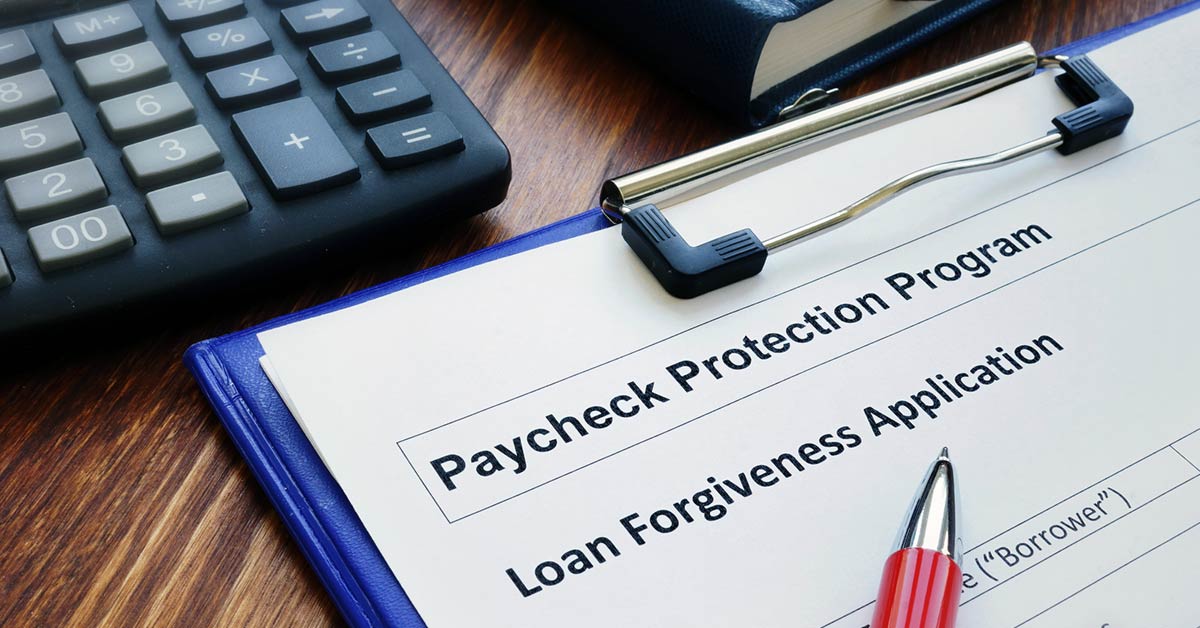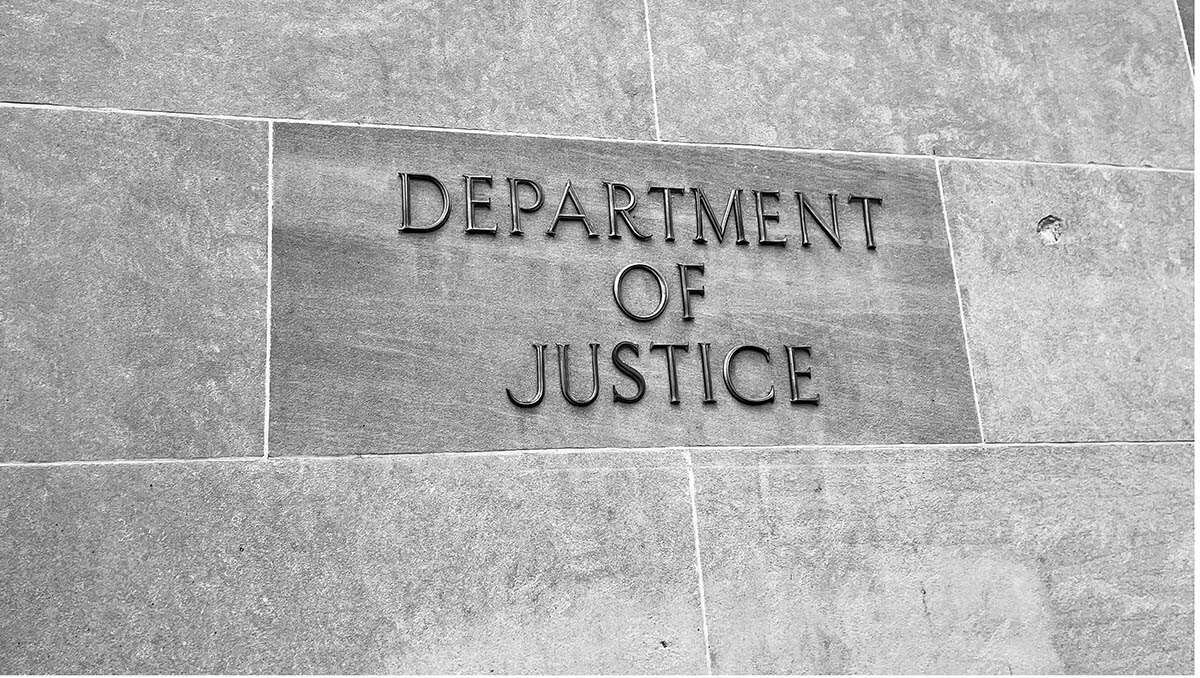UPDATE: The Corporate Transparency Act May Still Apply to You
On March 1, a district court judge ruled that the Corporate Transparency Act (CTA) is unconstitutional. However, his decision applied only to the...
2 min read
 John Kammerer, CPA
:
August 28, 2020
John Kammerer, CPA
:
August 28, 2020

August 28, 2020 - On Monday, August 24, the Small Business Administration (SBA) and Treasury issued additional guidance, in the form of an interim final rule. The new guidance provides a de-minimis rule for the owner-employee compensation limitations and also provides some new rules regarding the treatment of nonpayroll costs and their eligibility for loan forgiveness.
The amount of compensation eligible for the loan forgiveness calculation is limited for certain owner-employees. In previous guidance, there was no exception based on the amount of ownership the owner-employee had. This new guidance provides that If owner-employees have less than a 5% ownership interest in a C or S corporation, they are exempted from the owner-employee compensation rules.
The SBA clarified that non-payroll costs related to the business operation of a tenant or sub-tenant are not eligible costs for the PPP loan forgiveness calculation. The SBA guidance provides the following four examples as a reference:
Example 1: A borrower rents an office building for $10,000 per month and sub-leases out a portion of the space to other businesses for $2,500 per month. Only $7,500 per month is eligible for loan forgiveness.
Example 2: A borrower has a mortgage on an office building it operates out of, and it leases out a portion of the space to other businesses. The portion of mortgage interest that is eligible for loan forgiveness is limited to the percent share of the fair market value of the space that is not leased out to other businesses. As an illustration, if the leased space represents 25% of the fair market value of the office building, then the borrower may only claim forgiveness on 75% of the mortgage interest.
Example 3: A borrower shares a rented space with another business. When determining the amount that is eligible for loan forgiveness, the borrower must prorate rent and utility payments in the same manner as on the borrower’s 2019 tax filings, or if a new business, the borrower’s expected 2020 tax filings.
Example 4: A borrower works out of his or her home. When determining the amount of nonpayroll costs that are eligible for loan forgiveness, the borrower may include only the share of covered expenses that were deductible on the borrower’s 2019 tax filings, or if a new business, the borrower’s expected 2020 tax filings.
The new guidance confirms that rent payments to a related party lessor are eligible for loan forgiveness. However, this guidance creates a new limitation on the amount of rent expense that may be taken into account for the loan forgiveness calculation. Under the new rules, the amount of rent expense taken into account must not exceed the amount of mortgage interest owed on the property during the covered period by the related party lessor for the space related to the business. Similar to all qualifying rent and interest payments, the mortgage and lease agreements must have been entered into before February 15, 2020. Any common ownership between the entities creates a related-party relationship for purposes of these limitations.
This rule is meant to maintain equitable treatment of businesses that own their building in the same entity as their business operations and those that lease it from a related party.
However, mortgage interest payments to related parties are not allowed.
You can also see more information about PPP loan forgiveness and other subjects in our resource center.

On March 1, a district court judge ruled that the Corporate Transparency Act (CTA) is unconstitutional. However, his decision applied only to the...

Bookkeeping is strategically important for every business because financials form the foundation for daily operations and future planning....

In a decision issued March 1, 2024, U.S. District Court Judge Liles Burke ruled that the Corporate Transparency Act (CTA) is unconstitutional....